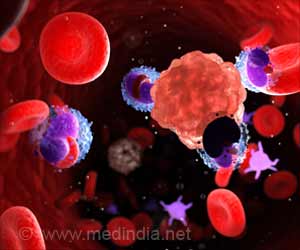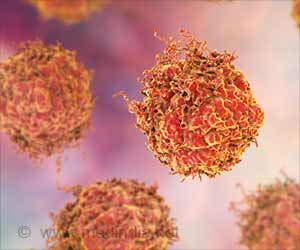Researchers discover a cellular process regulating protein production, potentially extending lifespan and offering new cancer treatment strategies.

OTUD6 deubiquitination of RPS7/eS7 on the free 40 S ribosome regulates global protein translation and stress
Go to source).
Novel Mechanism for Protein Production Regulation
The team, led by Professor Fred Wolf, discovered a mechanism that cells employ to adjust the amount of protein they produce. This mechanism involves the translation of RNA into protein, a crucial step in cellular function. By manipulating this process, cells can fine-tune their protein levels, influencing various biological processes.The researchers found that a protein called OTUD6 plays a central role in this mechanism. When OTUD6 levels are reduced, cells produce significantly less protein. This reduction has a profound impact on lifespan, with mutant flies lacking OTUD6 living twice as long as normal flies.
Implications for Aging and Cancer
The discovery of this protein production regulatory mechanism has significant implications for both aging and cancer research. The link between reduced protein production and increased lifespan suggests that targeting this pathway could potentially extend lifespan in humans.Furthermore, the researchers observed that OTUD6 levels are elevated in many types of cancer, and cancer cells often exhibit increased protein production. This suggests that OTUD6 may contribute to cancer cell growth and proliferation. While further research is needed to confirm this connection, the findings offer a promising avenue for exploring new cancer treatment strategies.
The team is now focused on understanding how cells regulate OTUD6 levels and how this pathway can be manipulated to influence lifespan and disease outcomes. By unraveling the intricacies of this mechanism, scientists may be able to develop novel therapeutic interventions for aging-related diseases and cancer.
This research offers a valuable step forward in our quest to understand the fundamental processes that govern life and disease. As scientists continue to explore the implications of this discovery, we can anticipate exciting advancements in the fields of aging and cancer research.
Advertisement
- OTUD6 deubiquitination of RPS7/eS7 on the free 40 S ribosome regulates global protein translation and stress - (https://www.nature.com/articles/s41467-024-51284-y)
Source-Medindia















